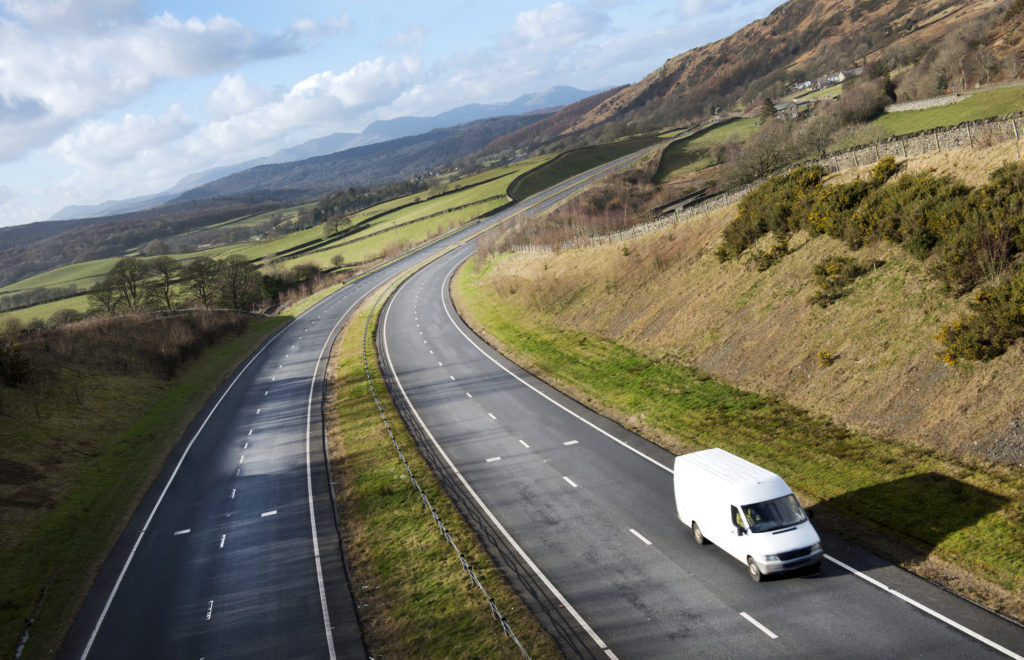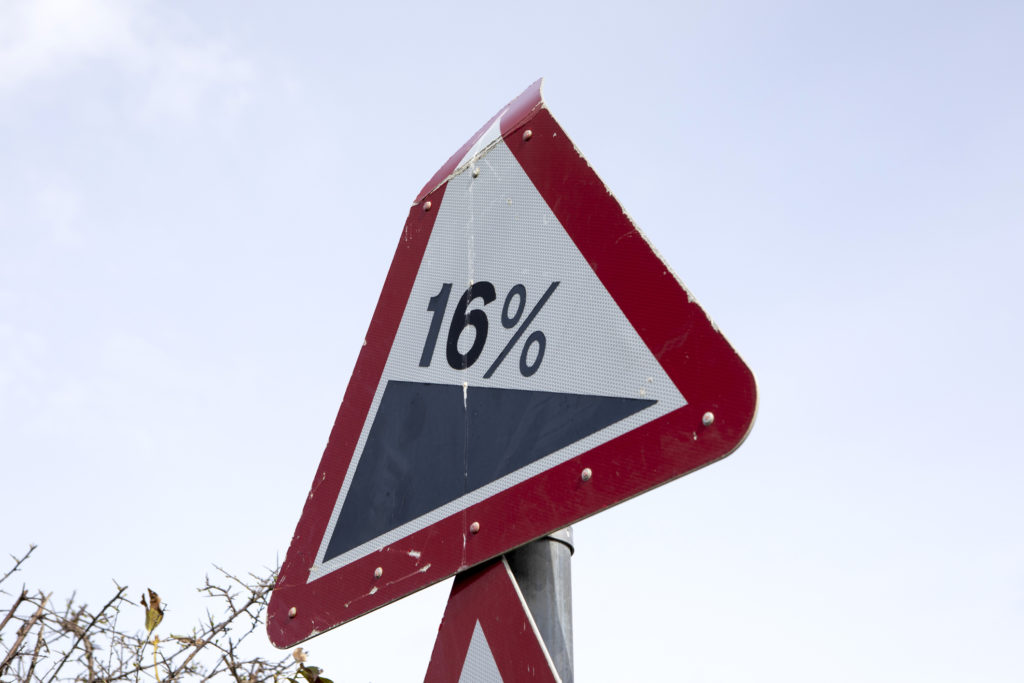European new-car registrations show signs of improvement in April
19 May 2022

The volume of new-car registrations in the EU suffered a 20.6% decline last month, compared to April 2021, suggesting no change from the 20.5% fall in March. However, as there was one less working day in most EU member states than in April 2021, Autovista24 estimates that, on an adjusted basis, the contraction was 16.2% last month. The market’s fortunes therefore improved, hinting that the additional supply challenges caused by the war in Ukraine are slowly easing.
Fewer than 685,000 new cars were registered in the EU in April, according to figures released by the European Automobile Manufacturers’ Association (ACEA). ‘With the exception of the pandemic year in 2020, this was the weakest April result in terms of volumes sold since records began,’ stated the industry body.
Across the wider European region captured by ACEA – encompassing the EU, the UK, and the EFTA markets of Iceland, Norway, and Switzerland – new-car registrations declined by 20.2% year on year. Adjusted for working days, the estimated fall of 16%, also marks an improvement on the 18.8% decline in March.
Widespread double-digit declines
All four major EU new-car markets suffered double-digit declines last month. The French and German new-car markets contracted by 22.6% and 21.5% respectively. Registrations were 33% lower in Italy but there were two fewer working days than in April 2021. Aside from the inflationary and supply impact emanating from the war in Ukraine, new-car sales in Italy continue to be restrained as consumers await the introduction of the purchase incentives announced in April.
On the surface, Spain appeared to fare better, with new-car registrations 12.1% lower than a year ago. However, this is a correction following the national truck drivers’ strike in March as opposed to signifying a fundamental improvement in the Spanish new-car market.
Most other EU new-car markets suffered double-digit year-on-year declines last month, with the sharpest downturn, of 34.9%, in Lithuania. Nevertheless, five member states only endured single-digit year-on-year declines, and four countries grew – Croatia, Ireland, Romania, and Sweden.
Outside of the EU, Norway, Switzerland, and the UK also suffered double-digit contractions, but Iceland enjoyed phenomenal year-on-year growth of 79.6%, albeit with negligible volumes compared to the major markets. This, and the better performance of the UK (down 15.8%) than the EU decline of 20.6%, contributed to the more modest Europe-wide downturn than in the EU.
Modest forecast downgrade
In the first four months of 2022, cumulative new-car registrations in the EU were around 2.9 million units, 14.4% down on the low base of comparison in 2021. The ongoing conflict in Ukraine will curtail any anticipated recovery in 2022.
Autovista24 assumes that the disruption to car production will reduce throughout the year as carmakers secure alternative supplies of critical raw materials and/or components currently sourced from Russia and/or Ukraine. Nevertheless, the forecast for EU new-car registrations has been modestly downgraded, to 9.55 million units, equating to a year-on-year contraction of 1.6%.
Market corrections are expected in France and Spain as the negative effects of the tax changes dissipate, and Italy will improve too, especially once EV incentives are reinstated. Although a significant impact on new-car sales, i.e. order intake, is not expected, the war has added to pre-existing supply challenges.
The EFTA markets of Iceland, Norway, and Switzerland are forecast to perform better than the EU in 2022. Moreover, the 4.8% growth forecast for the UK means the wider European region is expected to recover to 11.7 million units in 2022, equating to a decline of 0.6%.
The 2022 new-car registrations outlooks for France, Germany, and the UK have been revised downwards this month, but Spain and Italy have been subtly improved. The full interactive dashboard presents the latest and previous monthly forecasts for Europe’s five major markets for 2022, as well as the annual outlook to 2025.
Asian manufacturers capitalise
The year-to-date European new-car registrations data reveal that the region’s car manufacturers have all endured significant declines as supply challenges disrupt vehicle production and deliveries.
Jaguar Land Rover (JLR) has fared the worst, with registrations falling by 38.8%, followed by Stellantis (down 24.1%) and Volkswagen (VW) Group (down 18.1%). BMW Group, Mercedes-Benz, and Renault Group performed better, albeit declining by 12.7%, 14.1% and 9% respectively.
Nissan and Toyota, which have a substantial manufacturing presence in Europe, have not escaped unscathed either, with their registrations down 21.2% and 1.3% respectively.
These contractions are in sharp contrast to the performance of Asian manufacturers that rely more heavily on imports to meet European demand. The Hyundai Group, including Kia, saw registrations increase by 19.2% year on year and held a 10% market share in the first four months of 2022, up from 7.3% in the same period last year.
However, Honda has recorded the biggest gain, registering 32.4% more cars than in January to April 2021. The Japanese carmaker only recently ended vehicle production in Europe, and is prioritising the US, China, and its domestic market. Its growth highlights the lesser impact of supply-chain issues on non-European carmakers, and their availability in relation to more established models.



